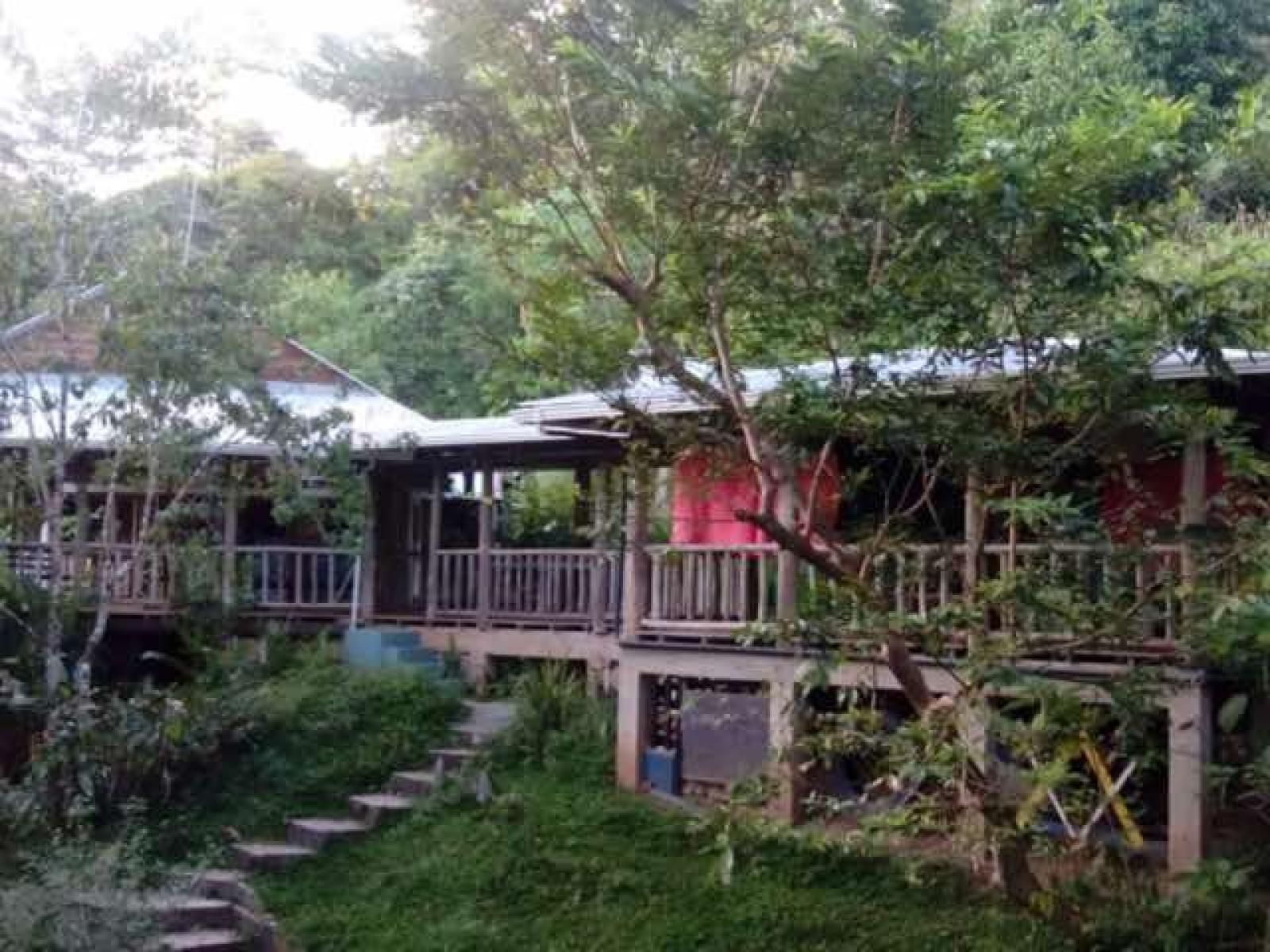An Overview Of Our Solution
- Population Impacted:
- Continent: North America
Organization type
Population impacted
Size of agricultural area
Production quantity
People employed
Describe your solution
Describe your implementation
External connections
What is the environmental or ecological challenge you are targeting with your solution?
Describe the context in which you are operating
Asociación Montaña Verde is located in the foothills of the Talamanca mountain range, only 15 minutes away from San Isidro de El General. The association is situated between Rivas, which has suffered flooding in the past; and Linda Vista, which was created to provide homes for those who lost everything in Hurricane Cesar. This region of Costa Rica was quite isolated, just a generation ago, self-sufficiency was a necessity, and working the land was the norm. However, farming is hard work that is not always sufficiently economically compensated, and social convention has valued office work and a salary more than growing food.
As a country, Costa Rica ranks near the top of the list both of gastric cancer and pesticide use. This is not coincidental, and it is just one of many examples that demonstrate quite clearly the need for a shift in agricultural practices. Agroecology offers a culturally appropiate, technically sound guideline to promote human health and well-being.
How did you impact natural resource use and greenhouse gas emissions?
Language(s)
Social/Community
Water
Food Security/Nutrition
Economic/Sustainable Development
Climate
Sustainability
Montaña Verde has the distinct advantage of owning its own infrastructure, and is currently available as a rental for groups or individuals. This revenue provides the association with the means to maintain the installations and repair the road, and also finance some outreach activities. As of yet, most of the activities have not involved any financial transaction, as members of the association donate their time and expertise without financial compensation. Optimally, the association members who are engaged in outreach activities should be compensated, and this may be achieved if Albergue Montaña Verde is successful. Grant funding or government subsidies would allow for a more in-depth outreach process and a broader geographic reach.
Return on investment
Entrant Image

Entrant Banner Image

